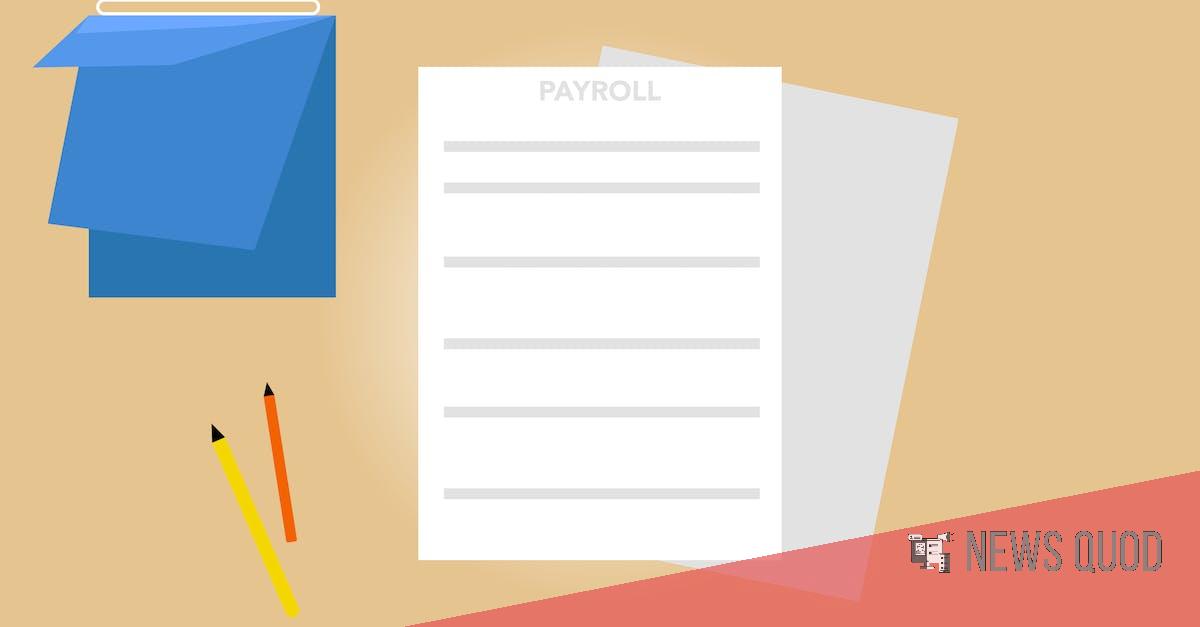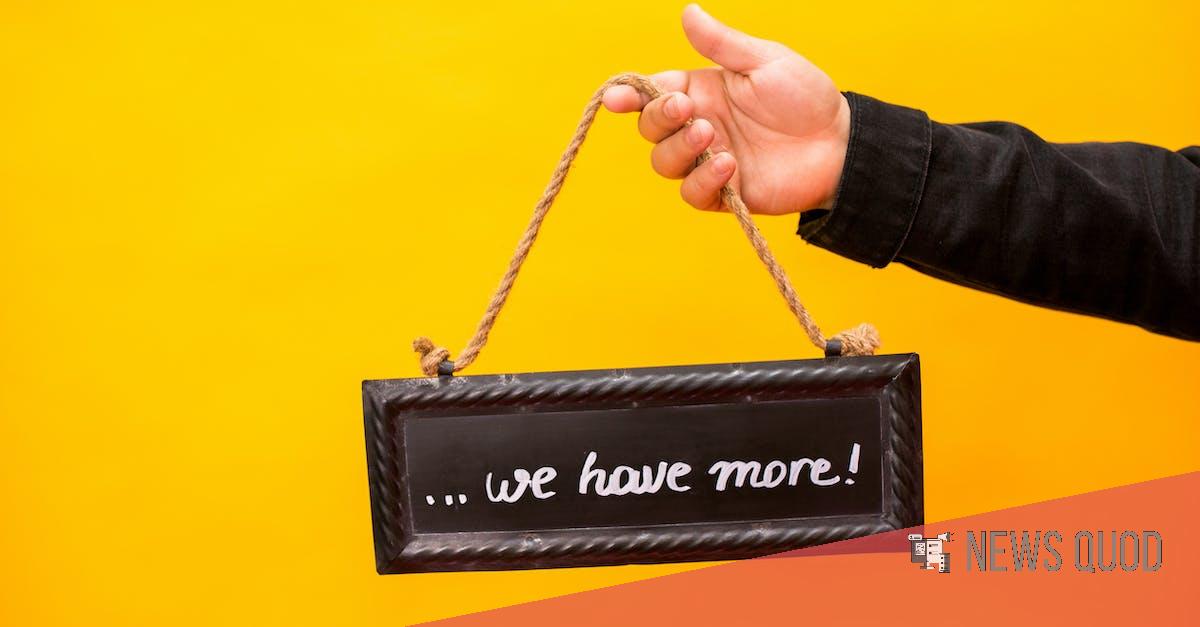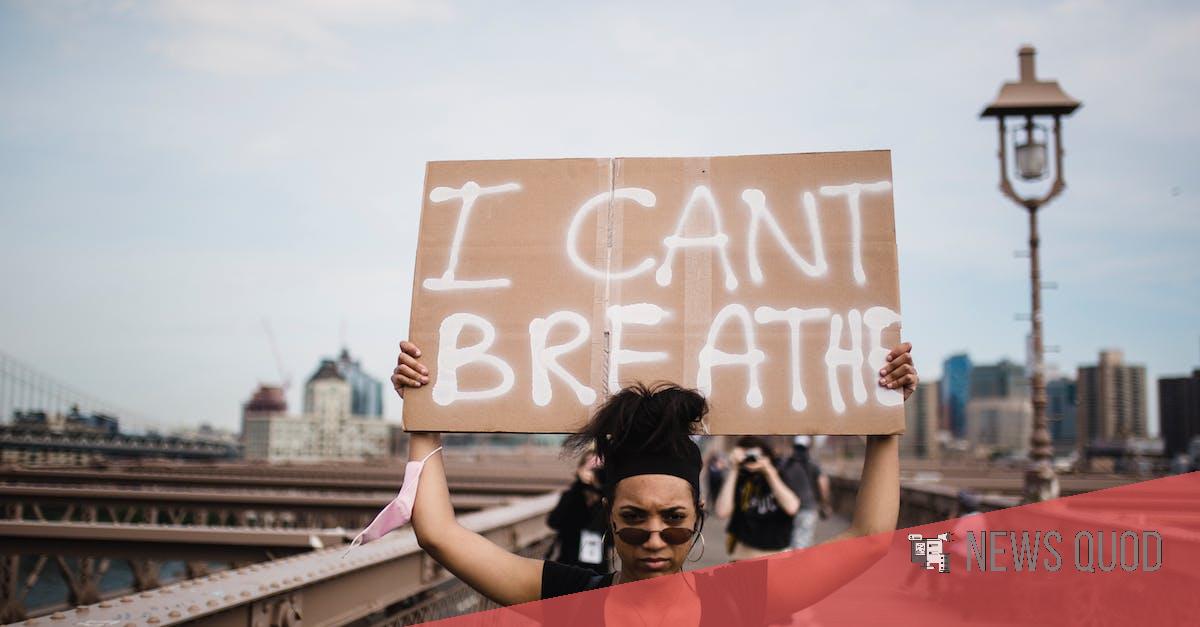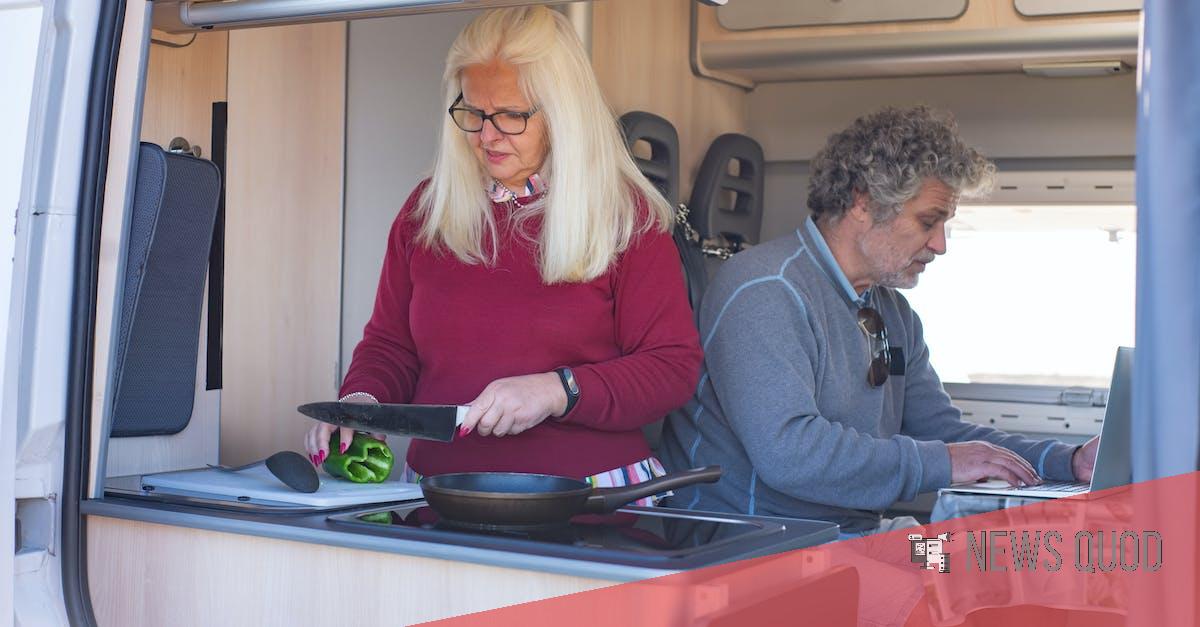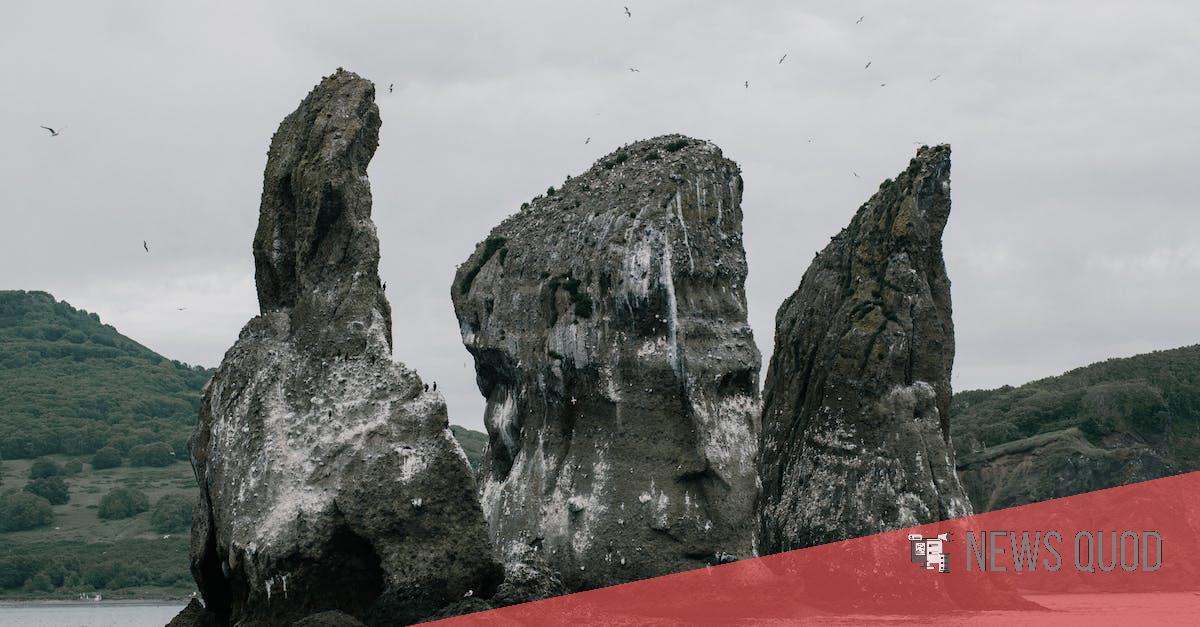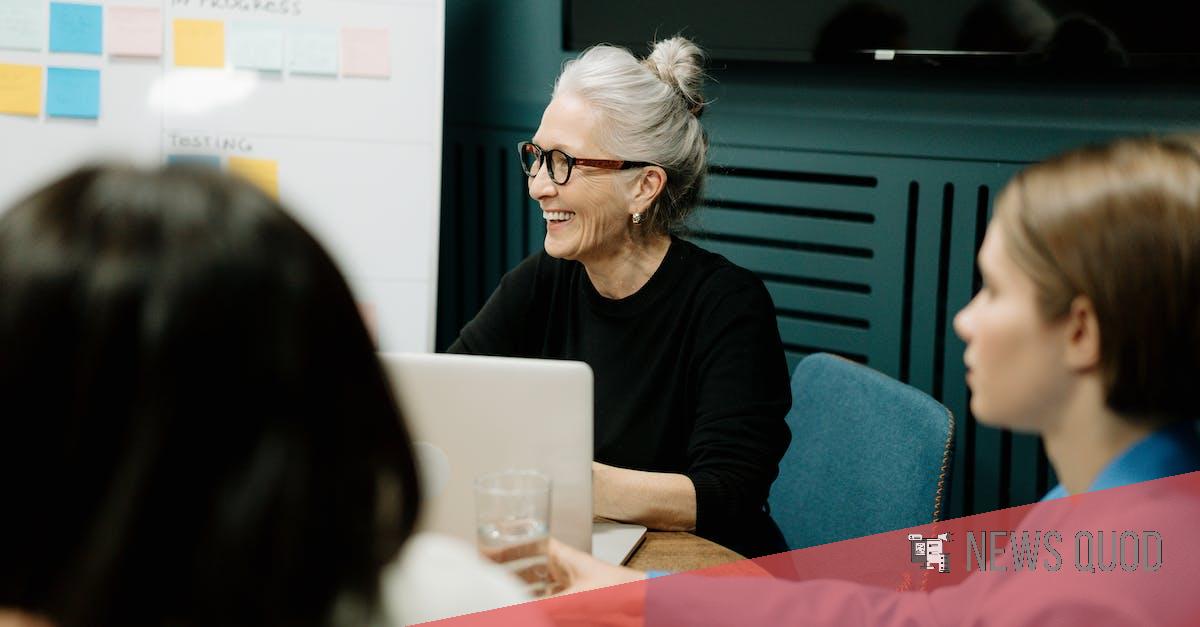Analyzing the Impact of Historical Events on Society Today
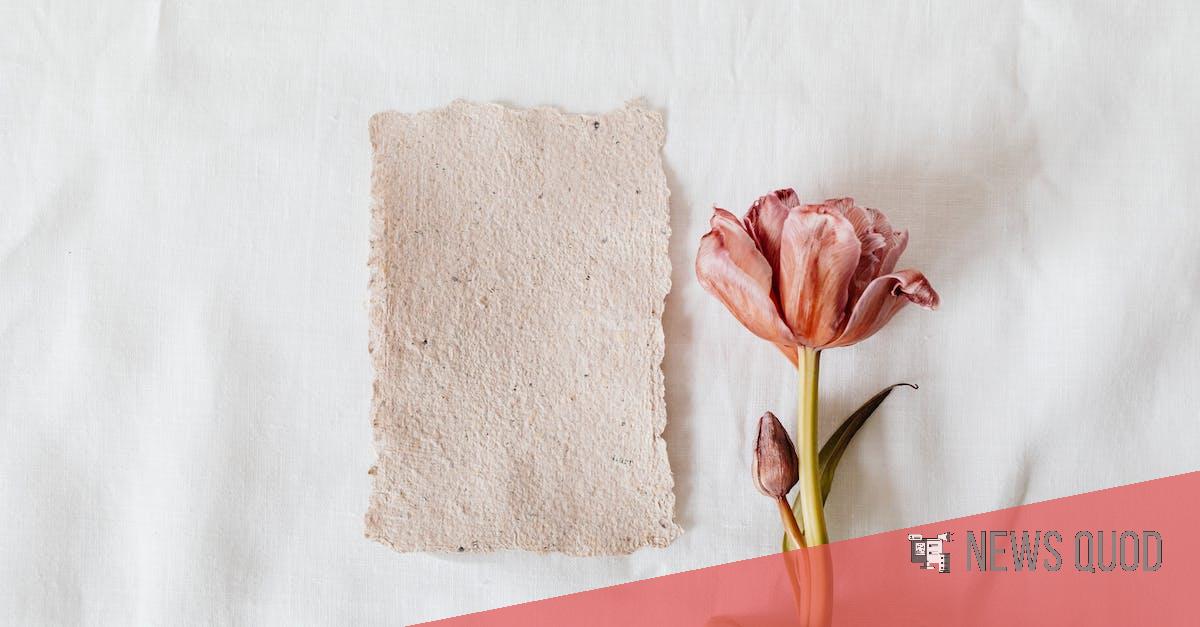
Sometimes, books on history concentrate more on experts’ interpretation of an event that a personal experience. However, both accounts should be taken into consideration to understand the significance of an event in the context of history. So, two professors at The University of the Virgin Islands have set out on a mission to make sure there is a equilibrium between both types of accounts.
Thalassa Tonks, along with Molly Perry who are both instructors of English for St. Croix. St. Croix campus, as well as geography and history respectively on St. Thomas of the Virgin Islands, received a $1000 “Digital Humanities Development Grant” and was granted by the National Endowment for the Humanities to assist them in their efforts to save and produce individual stories from every day life. Molly. Perry said, “If one only relies on official and expert versions of historic events, one’s missing a significant deal in the fabric of daily life.” They will also keep teaching students how to write and collect oral histories.
The establishment of a site to display accounts and make them accessible to anyone and anywhere in the world is an aspect of the project called “Community Conversations: A Digitized Cultural Preservation Project in the United States Virgin Islands.” The current grant for this purpose is actually the third award that has been made for related work; previous Humanities and Community Foundation of the Virgin Islands grants have been used to purchase recording equipment, microphones, lighting equipment and other necessary items for use by students involved in the project. Although the primary motivation behind the project may be to protect the past of our culture but the effects of this effort are wider-reaching.
Perry and Tonks both noted other factors contributing to the decrease of humanities research. Tonks declaratively stated, “There’s a decline in studies in the humanities.” The group further elaborated on the concept by explaining that collecting oral histories encourages students to become more engaged with the material. Perry stated, “A project like this helps them to become better citizens.” Also, it was mentioned that the majority of new first-year University of the Virgin Islands (UVIstudents come in needing additional instruction and they feel they don’t speak correctly since they speak with their local Virgin Islands dialiects. Perry and Tonks expressed their desire to rectify this issue, they said: “We want that to be reversed.
Professes shared that their students love their discussions They also share the personal experiences of their students. The professors suggest that future discussions may include Climate Change and Natural Disasters. This would allow science courses to broaden the reach of the project. Materials and instruction for students are currently being used. However they are aware that they’re not the first or the sole one to start the Oral History Project within the defined territory. As such they’ve made connections with other individuals conducting the same type of work.
The researchers are well aware of the potential drawbacks in oral history research. To prevent occurrences of these, they have taken steps to ensure that students are properly trained in charge of collecting and recording data, by emphasizing on the importance of having a well-prepared, open-minded mindset. Furthermore, it’s essential to “cross-reference” the data which is a point made by Perry. Perry added that there are a lot researches being done to study the relationship between history and memory. There are still issues related to language when it comes the development of an oral history project in the Virgin Islands due to issues about accuracy of memory.
In summary
The conclusion is that oral history projects like those conducted by these scholars provide unique ways of understanding Caribbean history and culture. It is an excellent means of understanding and preserving the history of our country. These projects will allow us to pursue our past , and gain insights into our culture’s future.

